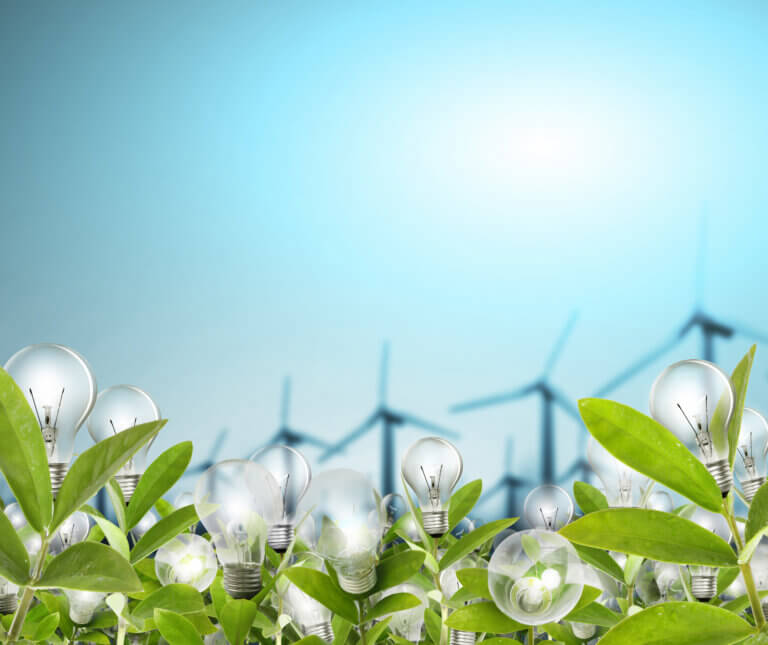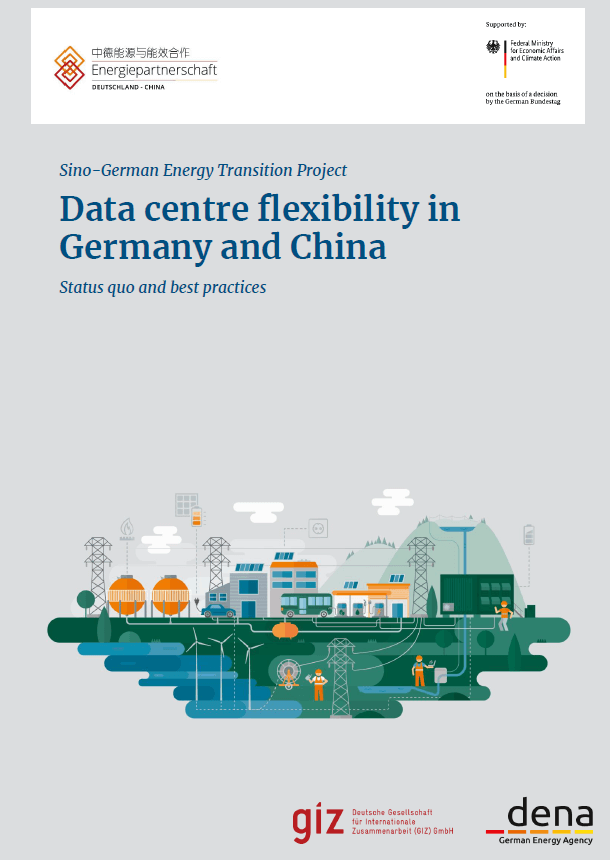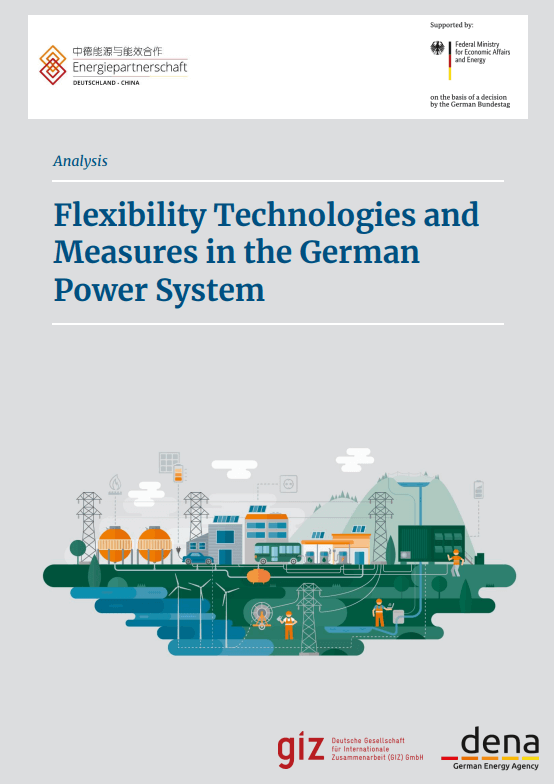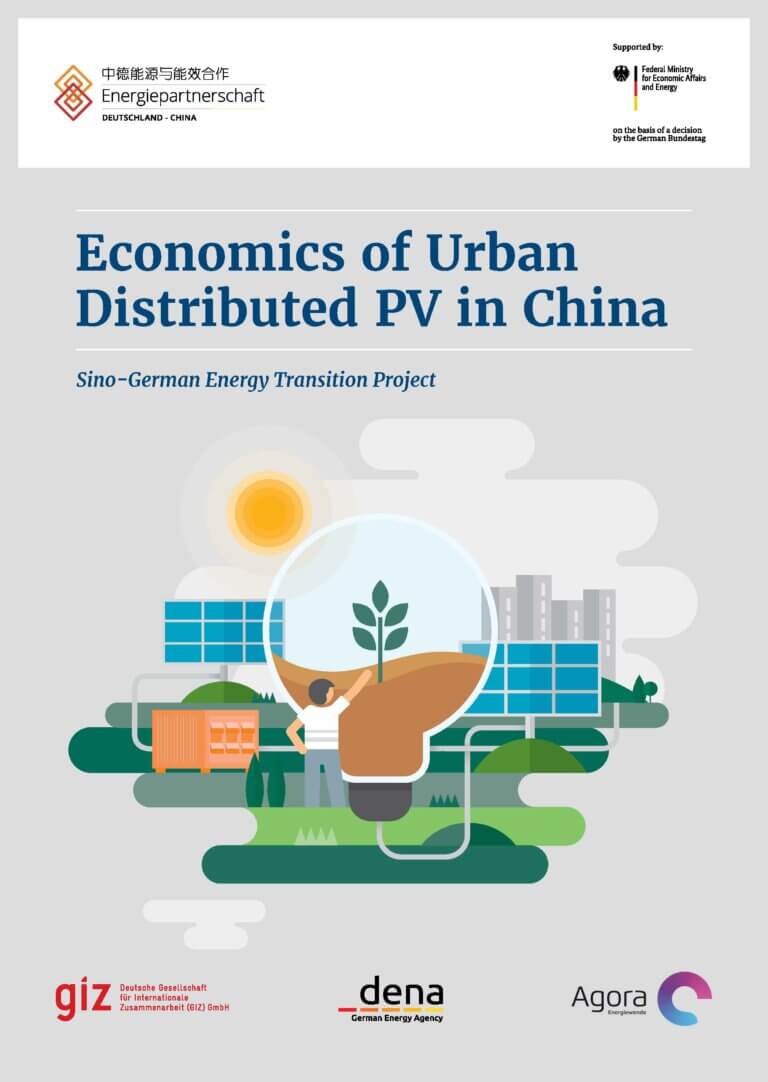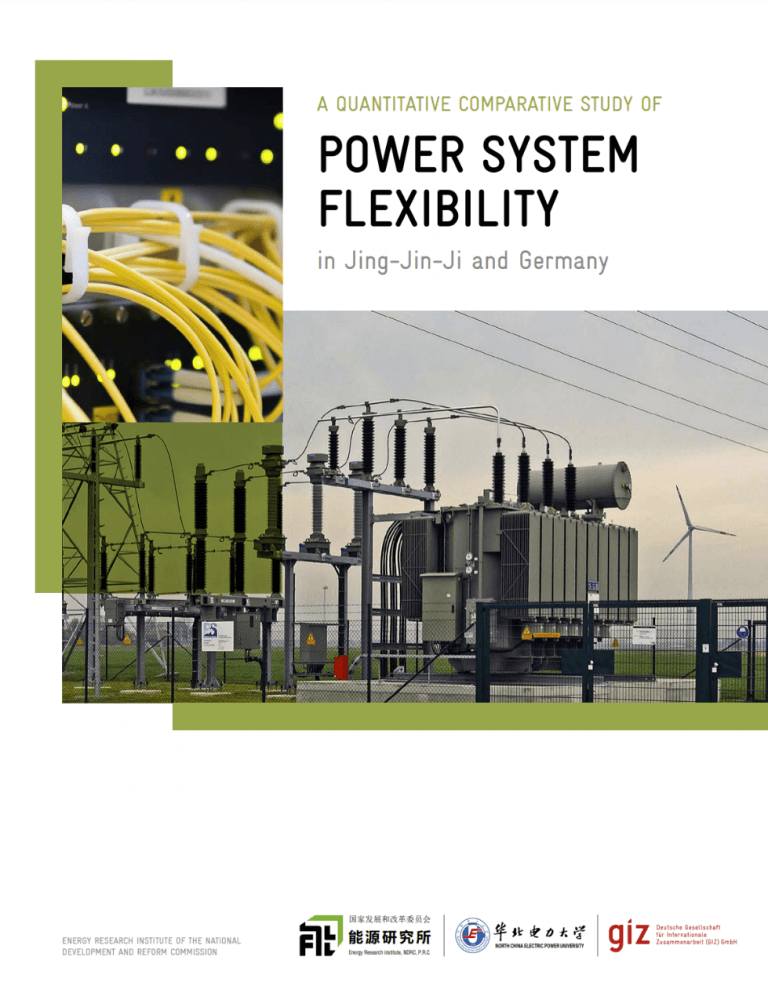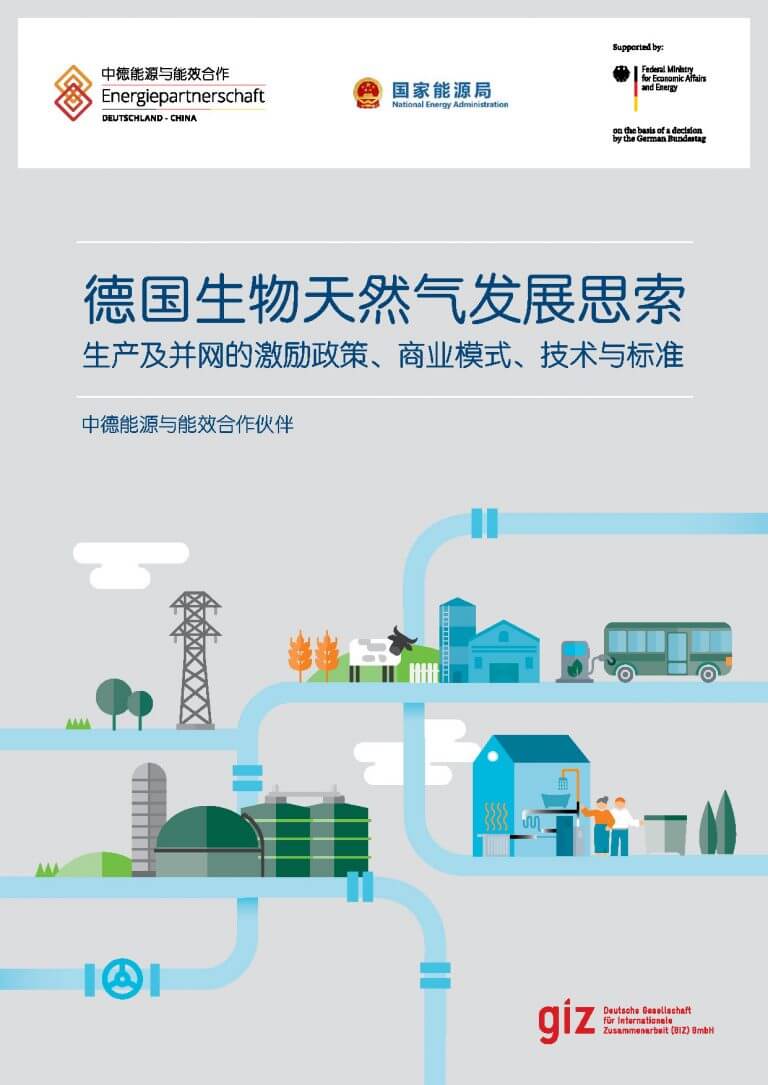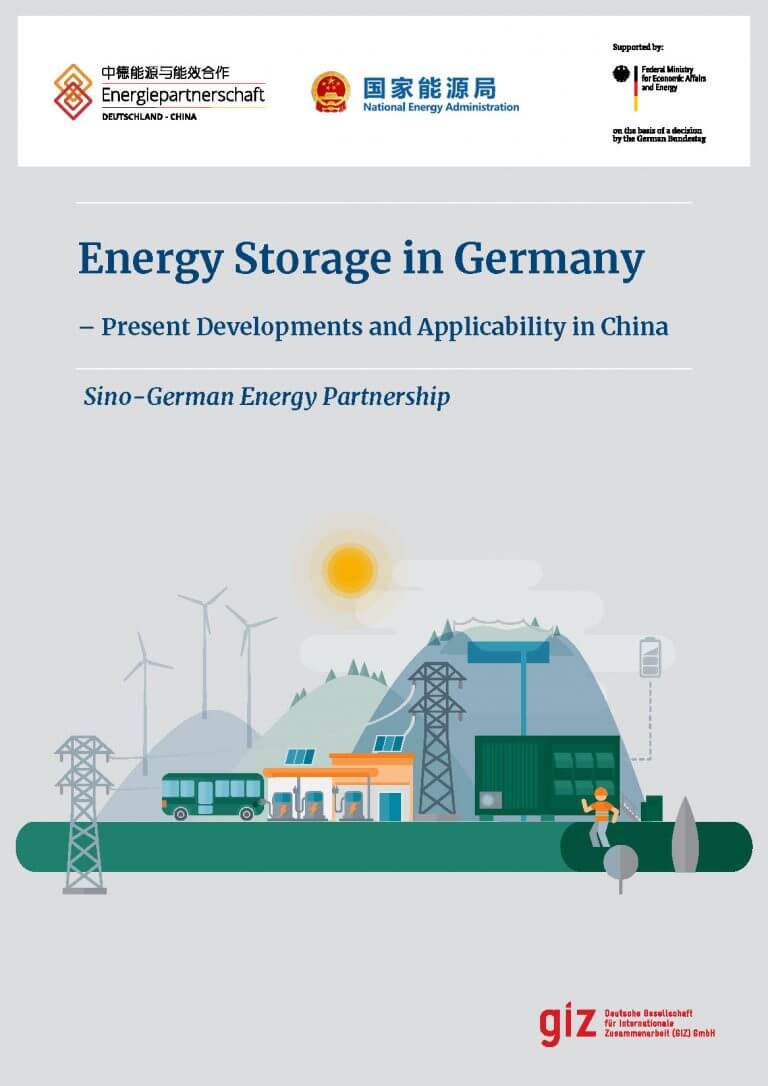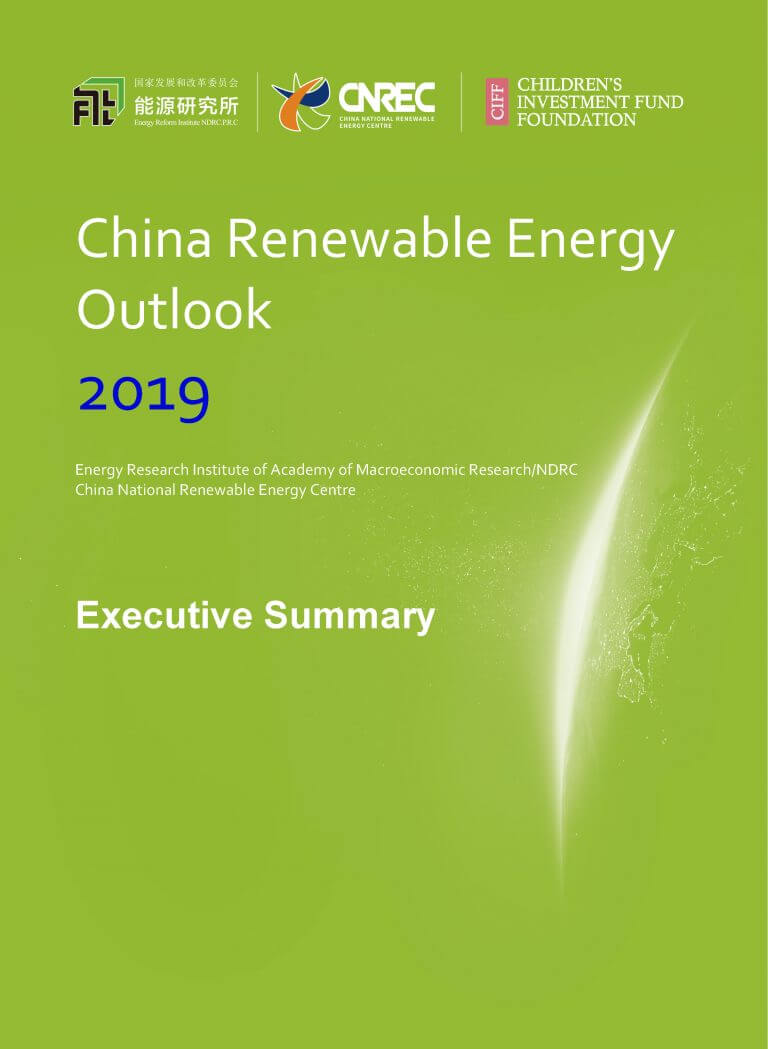
Promoting the Application of Heat Pumps in China to Contribute to Energy Decarbonization
Sino-German Business Roundtable on High Temperature Heat Pumps On 16 May 2022, GIZ and China Heat Pump Alliance (CHPA) jointly organized the “Sino-German High Temperature Heat Pump Round Table” under the framework of the Sino-German Energy Partnership. The event allowed German and Chinese business representatives


